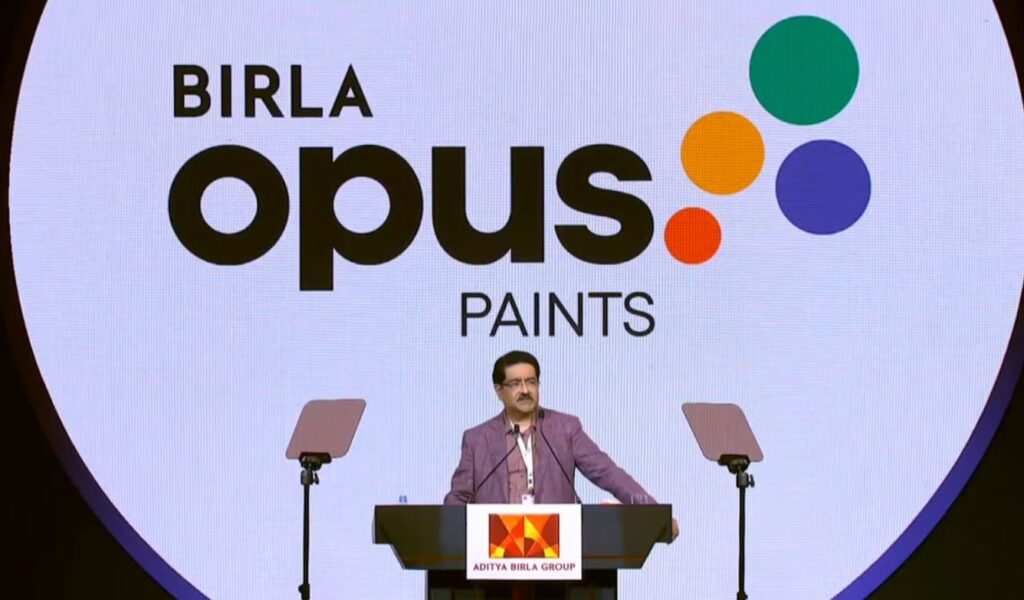In the midst of the edtech company’s financial difficulties, Byju Raveendran, the founder and CEO of Byju’s, reportedly obtained a private debt of about ₹30 crore to fund the March salary of staff, according to Business Standard.
According to the report, the company has now partially covered the salary for both February and March. Previously, it had paid out partial compensation for February and postponed payments for March.
According to sources who spoke with the newspaper, Byju’s pays out between ₹40 and ₹50 crore in salaries to its roughly 15,000 workers.
Locked funds cause a delay during an investor dispute.
Byju’s began paying salaries for March earlier on April 8, following a two-month delay. The edtech company informed its staff via email that it had set up a backup credit line to ensure that salaries were paid on schedule.
“On Saturday, the salaries were credited. Byju Raveendran increased his personal debt this month in order to cover his salary. Foreign investors continue to obstruct the money for the rights offering. The firm may ask the National Company Law Tribunal (NCLT) to release the funds at tomorrow’s session, according to one source.

Byju’s had stated in the employee email as well that it had not yet received approval to access the monies from the rights problem. Adding that the money from the newly raised rights offering cannot be used by the company. Employees at Byjus, including Raveendran, were given the assurance that their March income would be paid through a line of credit, regardless of the court’s decision.
NCLT Conflict: The Specifics
Prosus NV, Peak XV Partners, General Atlantic, and Sofina SA are among Byju’s investors who have filed a plea contesting the company’s choice to raise $200 million at a $225 million post-money value.
On April 5, an arbitrator ordered Byju’s to refrain from selling group company shares after the company violated the conditions of $42 million in loans.
In an effort to stop further insolvency proceedings against the ailing edtech company, the NCLT Bengaluru bench on April 18 also gave Byju’s a week to seek a resolution with Teleperformance Business Services regarding its payment default.
An operating creditor, Teleperformance Business Services, filed for bankruptcy when Byju’s failed to pay ₹5 crore.
In the midst of a barrage of accusations and countercharges between his ailing edtech company and its investors, Byju Raveendran was granted an extended reprieve by the Karnataka High Court, allowing him to continue leading Byju’s.
Due to mismanagement, a number of significant Byju’s investors, including Prosus NV, Peak XV Partners, General Atlantic, and Sofina SA, decided to remove Raveendran from his position as CEO of the business he created. According to Byju, the meeting was void if at least one of the original members was absent.
Read Also:IAS Exam Dates, Eligibility, Exam Pattern And Syllabus – IAS Exam 2024.










